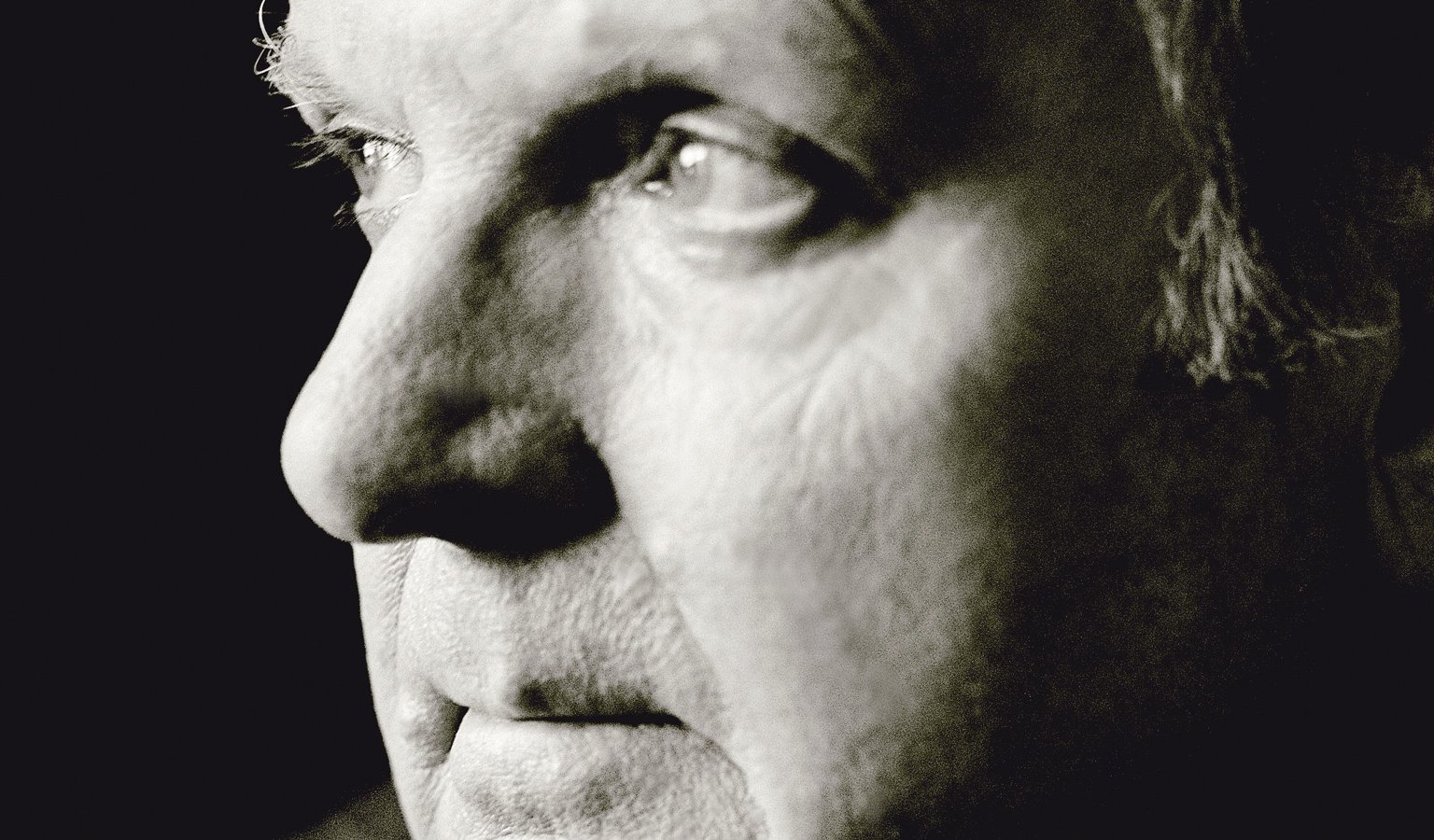
Program
About the event
The king of all violin concertos and a recovery as expressed in music – Marek Janowski, one of the foremost conductors of the German musical repertoire, will lead the BFO’s performances of two masterpieces by Beethoven and Schumann, respectively.
A return guest of the Budapest Festival Orchestra, the German conductor of Polish descent will take the stage for two works that are traditional in form yet musically exceptional. First up will be Beethoven’s only violin concerto. The work – like many other well-known violin concertos – was written in D major, arguably the most comfortable key for this solo instrument, and is about 45 minutes in length, taking up the entire first half of a concert. It was commissioned by Franz Clement, who would regularly drop in on the composer to make sure the work was progressing properly. Clement played the solo at the 1806 premiere, sight-reading the music without a single rehearsal with the orchestra. With its virtuosic passages demanding great technical expertise and its sensual lyricism, the work proves doubly challenging for the violinist. Benjamin Beilman, however, who despite his young age is at home in a wide variety of styles and has played some of the grandest violin concertos, is a guarantee of quality. He will use a 1709 Stradivarius named “Engleman”.
Schumann’s Symphony No. 2 includes a quotation from Beethoven, but primarily reflects the influence of Bach. And no wonder, since Schumann, along with his wife Clara, did in-depth research into the Baroque master’s style; while he also learned from Beethoven how to realize a musical progression from grim darkness to heroic light. When he began to compose the Symphony in C major – which was first performed under Mendelssohn’s baton – Schumann was in poor physical and mental health, and was plagued by mood swings, memory problems and tinnitus. Still, upon hearing Schubert’s Symphony in C major (“The Great”) he began composing, and by the time he reached the finale, he discovered a positive tone suggesting the hope of recovery.